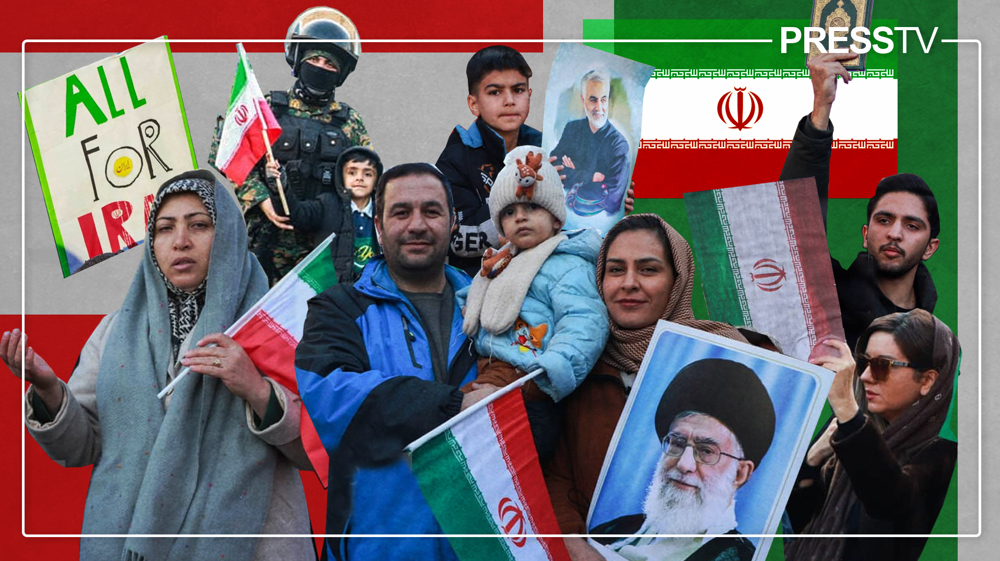Middle East’s future health crisis
If you were to sit down over a cup of tea with your average citizen from any country around the world and ask them about their wants and needs, you will likely hear the same refrain. They would ask for a steady job to provide for themselves and their family, a secure environment for their children to grow up into, and of course, good health.
When it comes to health, countries around the world spend big. According to the OECD, in 2012 the US spent nearly 18% of its GDP on health care. That is nearly $3 trillion, or almost $9,000 per person. And Switzerland, the Netherlands, and New Zealand all devote over 10% of their respective GDPs to health care cost.
None of this is surprising. The world’s wealthiest countries are faced with two costly health challenges: an aging population that is increasingly in need of more frequent and more costly treatment, and a population beset by chronic diseases like diabetes and Chronic obstructive pulmonary disease COPD that is the result of an unhealthy lifestyle.
For example, in Japan, 25% of the population is over the age of 65. In the United Kingdom, about 23% of the country’s population suffers from one or more chronic conditions. These trends help to explain why these countries devote so much money to health care.
Luckily for them, their economies are large enough that they can spend the billions of dollars needed to address these problems. In short, even though the aging population and the burden of chronic disease are a huge challenge for these countries, they have the resources and expertise to surmount them.
Those in the developing world might dismiss these challenges as unlikely to impact them. After all, over 30% of the population in the Middle East is between the ages of 15 and 29, whereas roughly 5% of the population is over the age of 65. And with such a young population, chronic disease is not nearly as common as it is in many developed countries.
But today’s youth are tomorrow’s elderly. The average life expectancy in the Middle East is now over 72 years, up from 65 in 1990, and is expected to only continue increasing in the coming years. This is good – people in these countries are living longer, fuller lives. But it also means that they will need more health care, and that care costs money that many of these countries don’t currently have.
And there’s one other tragic trend – chronic disease is now more common than ever in the Middle East. According to the World Bank, these diseases are commonly affecting adolescents, driven by factors unrelated to age, such as growing rates of obesity (thanks to an industrialized diet) and smoking. In Iran, for example, 12.7% of the population suffers from coronary artery disease and about 25% of those under the age of 19 suffer from hypertension.
If we attempt to look 30 years into the future, these trends could prompt a public health crisis. The aging of today’s youth into old age, coupled with the increasing likelihood that they’ will develop a costly chronic condition, will leave many of the health systems of the Middle East unable to cope. They may collapse under the pressure.
But it is not all doom and gloom. The right kinds of investment now could mitigate the coming crisis. Wise investments in preventive health care can help prevent people from developing chronic conditions. New digital health technologies, such as telemedicine, have shown to improve health outcomes at a relatively affordable price. For example, home monitoring can help prevent patients from needing to go to hospital, where care is costly. It can also be used in rural and other areas where there are few physicians. This translates to a healthier, less costly population.
Most of the countries of the Middle East do not have the advanced health and technology industries that could supply these needed systems and ideas. But if they look abroad, they’ll find a plethora of ideas and expertise in the developed countries that are today dealing with such challenges. Investing now could stave off a future crisis in health.
RA/KA
Italian farmers protest EU-Mercosur free trade deal
VIDEO | Russian FM holds annual press briefing, highlighting ‘equality-based’ diplomacy
VIDEO | Israel rejects Gaza 'technocratic body' amid continued suffering in Gaza
Iranian prodigy Benyamin Faraji wins Under-17 title in Qatar
VIDEO | Press TV's news headlines
VIDEO | Tehran residents condemn US-Israel orchestrated mosque arson, vandalism
VIDEO | South Koreans demand end to joint US military drills and provocative policy against North Korea
VIDEO | A silent grief: Palestinian man struggles to recover remains of wife, children










 This makes it easy to access the Press TV website
This makes it easy to access the Press TV website